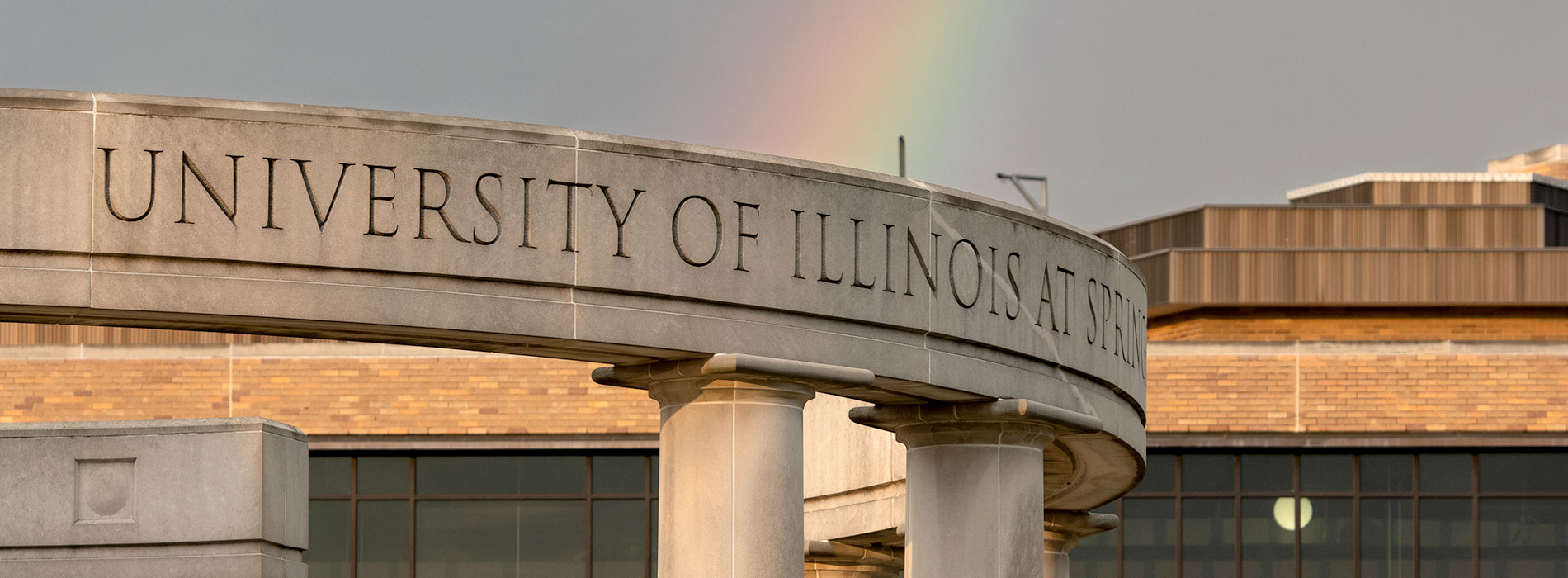Plagiarism
- Using a direct quotation without quotation marks or a citation
- Paraphrasing or changing an author’s words or style without citation
- Insufficiently acknowledging sources or providing a partial citation
- Using the pattern, structure or organization of an author’s argument or ideas without proper citation
- Failing to cite sources for information considered non-common
- Using an essay from course for another without instructor permission
- Failing to attach all group members’ names to a group project
- Using someone else to heavily edit or re-write your essay
Cheating
- Possessing, copying, or sharing exam questions and answers
- Having another person take your exam
- Using notes, books, writing on shoes and hands, etc. on closed-book exams
- Presenting another’s work as your own
- Creating sources, or citations that do not exist
- Altering graded work after it is returned to you and re-submitting the work for re-grading
- Signing another student’s name to an assignment or attendance sheet
- Collaborating on projects and assignments without instructor permission
Misrepresentation of Academic Experiences, Ability, or Effort
- Falsifying, altering, or presenting misleading information on academic concerns such as the essence of an internship, coursework, graduation contracts and student petitions, absences, reasoning for late work or the inability to meet course expectations, level of effort on projects, any departmental or university document, and university ID card
- Using invented data such as lab experiments and interviews
- Submitting the same work for more than one course without instructor approval from both courses
- Failing to disclose a criminal conviction
Academic Interference
- Stealing, destroying, defacing or concealing library materials, computers including software, academic equipment with the intent to deny other students of their use
- Possessing, copying, or sharing exam questions and answers when the instructor has explicitly required the materials be returned to said instructor
- Obstructing or interfering with another student’s work with intent to harm said student’s academic performance
Unauthorized Access to Academic Records and Systems
- Interfering with any academic computer, computer system, or software that compromises confidentiality, integrity, or availability
- Accessing, disclosing, or copying data, grades, or academic documents and files
Facilitating Violations
- Providing material, information, or assistance to an individual knowing that your assistance could aid the individual in any violation
- Providing false information in connection with any academic integrity violation inquiry
